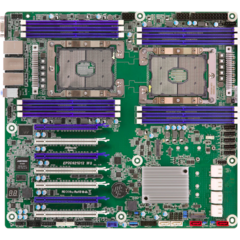-
Featured Topics
-
Topics
-
0
-
0
-
GOATWD ·
Posted in Operating Systems5 -
Wubb ·
Posted in New Builds and Planning2 -
erico2304 ·
Posted in Troubleshooting1 -
aisle9 ·
Posted in Peripherals1 -
5
-
WolfOfValhalla ·
Posted in Cooling2 -
FireLegend ·
Posted in Troubleshooting3 -
3
-

.thumb.jpg.ab6821c090888206ddcf98bb04736c47.jpg)

















Create an account or sign in to comment
You need to be a member in order to leave a comment
Create an account
Sign up for a new account in our community. It's easy!
Register a new accountSign in
Already have an account? Sign in here.
Sign In Now